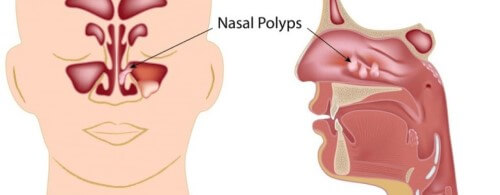Causes of Vertigo
Vertigo is a sensation and tends to be a symptom, as opposed to a medical condition in itself. It can be challenging as it may affect how you feel and whether you’re physically able to move around. The severity of vertigo can vary - some people may barely feel it while others can be seriously affected. If you’ve suffered from vertigo then it’s worth understanding why this is affecting you - and what you might be able to do about it.
What is vertigo?
It’s a feeling that everything around you is moving or spinning. It may come on quickly or take several days and it can go just as fast - or hang around for a while. If vertigo is bad enough it may be affecting your everyday life as you may lose your balance and find it difficult to walk around while you’re feeling vertigo and it can also make you feel very sick. Dizziness is also another symptom that can accompany vertigo and may make it hard for you to move around.
What causes vertigo?
The root cause usually comes back to an issue with the inner ear. It’s in this part of the body that problems with balance most often arise. However, vertigo may also be caused by a brain issue. These are the three most common causes of vertigo:
- A migraine. This type of intense headache can be so severe that you may need to stay away from light, remain still and rest and sleep. Migraines often come with vertigo.
- Labyrinthitis. This is an infection that affects the inner ear where balance is handled. Most infections will clear up on their own without intervention but before they do they can cause severe vertigo because your body’s ability to balance is so severely affected.
- Benign paroxysmal positional vertigo (BPPV). If BPPV is the cause of your vertigo then certain head movements may be the reason that you start to experience symptoms.
These three common causes of vertigo can come with a range of other symptoms, including a fever.
How can you treat vertigo?
Whether vertigo will simply clear up on its own will depend on what is behind the problem. If the issue is an ear infection, for example, this should take just a few weeks. However, if BPPV is the cause then further action may need to be taken. There is plenty of home based self care that you can do if you suffer from vertigo. For example, you can ensure that you’re sleeping with your head slightly raised and be more mindful of how you move, including avoiding bending down and making sure that you get up slowly. You can also help your body to adjust by doing exercises that trigger vertigo when you feel ready to cope with it so that your brain can get used to it. There may also be some medication that will help or exercises, such as the head movements that will work to reduce BPPV.
Vertigo can be disorentating and unpleasant but once you know the cause of your vertigo there are often steps that you can take to help yourself.












